Determining who pays for a car accident attorney comes down to a few different aspects. Choosing which driver is at fault can impact who pays for a car accident attorney. Additionally, some attorneys or law firms operate on contingency fee bases. Contingency fee payment structures mean clients only pay attorneys if they win their cases. This blog discusses who pays for car accident attorneys in car accident cases. It describes how fault is determined in car accident cases and examines when you should seek a car accident attorney’s advice regarding your car accident case. The Paul Wilkinson Law Firm can help fight your case to ensure you receive the damages you deserve. Our team of experienced Denver car accident personal injury lawyers will help decide the best course of action if you’re struggling to prove your case to insurance companies or at-fault drivers. We also operate on a contingency fee basis, so you keep the damages in your case.
Table of Contents
What is a Contingency Fee?
Contingency fees are arrangements in which attorneys represent their clients under the agreement they only accept payment if they win the case. In this arrangement, attorney fees are “contingent” upon the case’s successful outcome. Car accident attorneys who use contingency fees only collect payment if you receive a car accident settlement from the at-fault driver’s insurance company or win a court judgment in a car accident lawsuit in your favor.
How are “Costs” Handled?
Attorneys might advertise as contingency fee law firms. However, that’s not always the case, as they can contain hidden fees in their agreements that deem you responsible for certain case “costs” such as filing, photocopying, and witness fees. You should understand the exact payment terms when considering a contingency fee-based attorney. In true contingency agreements, your attorney absorbs case costs until you receive your settlement or court award. Upon receiving these, your attorney deducts the costs from your final amount on top of the agreed-upon contingency percentage.
Fees and Expenses
You might be responsible for upfront court fees and other litigation expenses if you don’t operate using a contingency fee. These include obtaining medical records and police reports, court reporter and expert witness fees. If you don’t use a contingency fee-based attorney, you will often have to pay these expenses upfront or as they become due. If you can’t pay these fees, these attorneys will often suspend their services until they receive payment. To ensure your attorney operates using a contingency fee, make sure they take their fees after the “net settlement.” The net settlement is the amount of money left after your attorney deducts case expenses. Ensure your attorney doesn’t try to increase their fees by taking out the money first.
What Is the Standard Contingency Fee?
Typical contingency fees range from 25-40 percent of the overall settlement. Some statutes set by attorney ethics in your state can also affect contingency fee rates. Most contingency fee law firms operate using a sliding scale, meaning other factors determine the ultimate contingency fee percentage. For example, attorneys might accept a lower percentage if the case settles before a lawsuit needs filing. They will require more if the lawsuit needs to be filed, but the case doesn’t go to court, and they take the highest percentage if the case goes to trial. Additionally, case outcomes can affect attorneys’ contingency percentage. Drivers or insurance companies may accept partial responsibility for accidents or try to settle without involving any litigation. Before enlisting the help of a car accident attorney, you should consider the following questions.
Should I Get an Attorney After a Car Accident?
There are a few instances when you should hire a car accident attorney. In these cases, litigation and taking your case to court might be your best option.
Extensive Injuries or Significant Damage to Your Car
If you were involved in a minor fender bender, you might not need to include attorneys. However, when severe damages occur, it’s best to contact an attorney to see what they can do to get you the damages you’re entitled to.
If Someone Else’s Actions Caused the Accident, but the Fault Is Unclear
The last thing you need is to be blamed for something you didn’t cause. Car accident attorneys ensure the at-fault party pays for the damages, even if the police fail to clarify that in their report or insurance companies refute that the other driver was at fault.
The Other Driver Offers a Low Ball Settlement
You need to speak with an attorney if the other insurance company offers a lowball settlement. If the other driver’s actions caused the accident, the other insurance company should pay for all your expenses, not just the little costs. Speaking to a car accident attorney will help explain what you’re entitled to and how they plan to get you your entitled recompenses.
How Do You Determine Fault After a Car Accident?
How do you determine fault in a car accident? With so many moving parts and the accident happening so fast, it can be challenging to determine who’s at fault in a car accident. Different states determine fault in different ways. However, there are tiers to determining fault no matter where you are, and the following section details these tiers.
Drivers Decide Fault
The first opportunity to determine fault is at the accident scene. The drivers can point fingers at each other as they exchange information. Drivers can also panic and point the finger at themselves. In the heat of the moment (especially for accidents that cause extensive damage), it’s always wise to involve authorities and have them issue a report. It’s important to remember that while you may think you’re at fault after an accident, you don’t have the whole perspective. Because you don’t have the complete view, it’s usually wise to enlist the help of authorities so you can get the full rendition of the scene. If you’re physically able, you should also take pictures of the scene before the vehicles get moved. You should also collect the names and numbers of the witnesses who saw the crash. Ensure you get the driver’s license and insurance ID card and record the make and model of the vehicles involved in the crash.
The Police Report Decides Fault
The officer’s first job is to figure out if anyone on the scene is hurt and whether they should call for help. After responding to any medical emergencies, officers will assess the location, note any vehicle damage, and examine how the vehicles wound up in their positions. Police officers are trained to determine at-fault by how the vehicles got into their position. For example, if a car gets T-boned at a stop sign or if a car gets rear-ended at a red light, the fault is reasonably simple to determine. Officers will typically make a diagram of the scene after examining it. In some cases, outlying circumstances cause accidents, and officers need to discuss everything with their witnesses to determine fault. The officer should obtain any witness names and try to collect as many valid statements as possible. The final police report won’t be infallible, but it’s the most relevant document insurance companies will read.
The Insurance Company Decides Fault
Insurance claims are becoming easier and easier to file, especially with the Internet. Now, you can file many claims using the internet. These virtual claims can even include accident photos, and algorithms instantaneously evaluate the damage. After the involved parties file their claims, it’s up to the insurance providers to determine the fault. If your insurance company decides the other driver is at fault, they will seek restitution for the claim money you received for your damages. This process is known as subrogation. Your insurer asks the other driver’s insurance company to reimburse them for the collision claim and obtain a refund for your deductible in subrogation. If your claim only involves monetary damages, you might want to take it to small claims court. You might be able to get the insurance company to settle immediately. However, some insurance companies will fight for every dime and refuse to part with any of their money.
Arbitration Decides Fault
If insurance companies decide to be ornery, you can always enlist the help of a car accident attorney. Car accident attorneys can help you negotiate with your insurance company or the other driver’s insurance company so you get the compensation you deserve. In this scenario, lawyers from both sides negotiate the settlement. Many car accident attorneys will also operate on a contingency fee basis, meaning you only have to pay them if you win. Choosing a contingency fee lawyer also protects you from accumulating extensive litigation costs if you go to trial.
The Jury Decides Fault
Going to court means you put the fate of your case in the hands of a jury of peers. This is the final tier of determination, and you should use it as a last resort. In fact, as a Forbes article notes, only 1% to 2% turn into lawsuits. This process can be lengthy and expensive, and you should try to avoid it if possible. There’s also another hurdle you have to jump through during the litigation process, known as contributory negligence. Contributory negligence means you may have contributed to your accident even though you aren’t the at-fault driver. The court takes contributory negligence into account, and even if you’re only 10% at fault, the court subtracts that percentage from your damages. Most states carry a comparative fault standard that apportions blame. This method entails assigning portions of responsibility to different drivers to determine damages. For example, a driver might only be entitled to 75% of their damages if the court decides they were 25% at fault for the accident. When multiple vehicles are involved, fault becomes even more challenging to determine. In no-fault states such as Michigan, your insurance company has to pay all your accident expenses. You can only sue someone else if you have severe injuries such as permanent disfigurements in these cases.
Conclusion- Who Pays for the Attorney After a Car Accident?
Determining who pays for your car accident attorney involves a few factors. To start, some attorneys don’t charge on a contingency fee basis, meaning you pay them an hourly rate. If your case lingers on and you wind up going through extensive litigation, you might have to pay out of pocket for a substantial portion. However, if your attorney operates on a contingency fee, they will only charge you if you win your case. Determining who pays for car accident attorneys also comes down to the at-fault driver in your accident and the portion of damages they cover. If you reach a painless settlement, you shouldn’t accumulate too many attorneys fees regardless of whether they charge on contingency. If you don’t and get dragged into an ugly litigation process, you might accumulate more expenses than you can handle, even with your damages. The Paul Wilkinson Law firm operates on a contingency fee basis, so you only pay if we win your case. Operating using a contingency fee ensures you receive all the damages you deserve. Contact us today to schedule a free consultation and get what you deserve from your case. Call (303) 333-7285 for more information.


